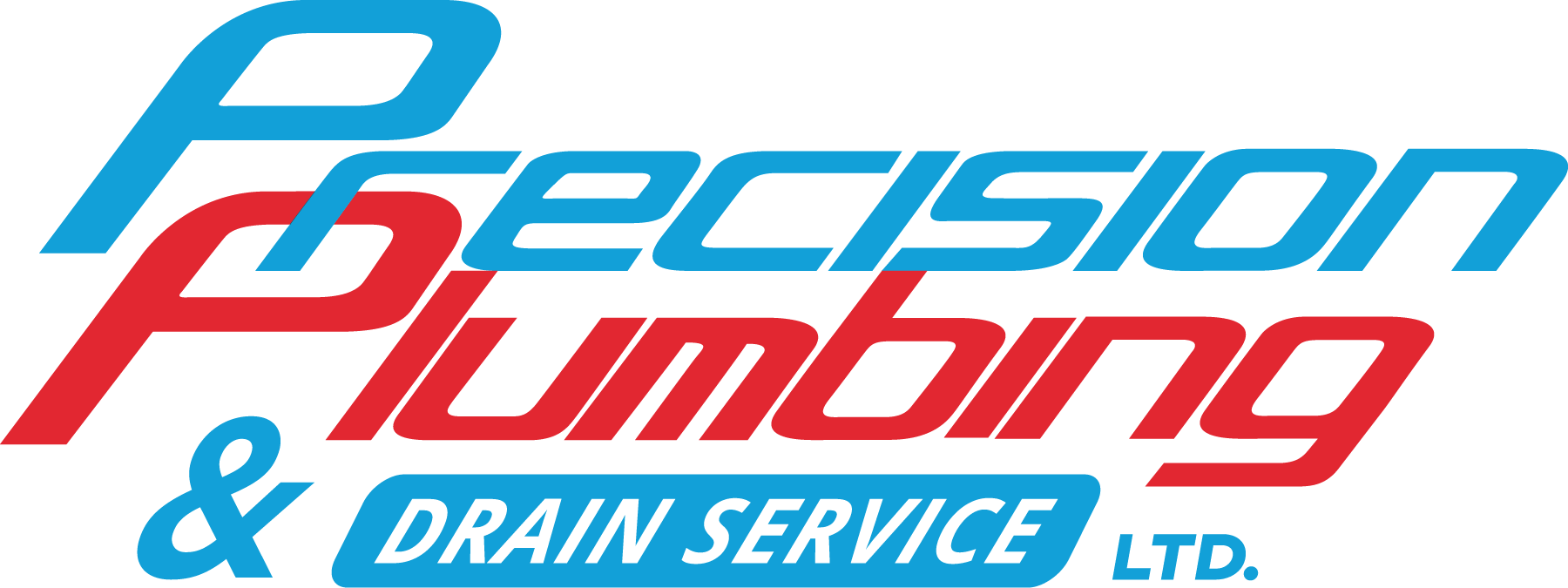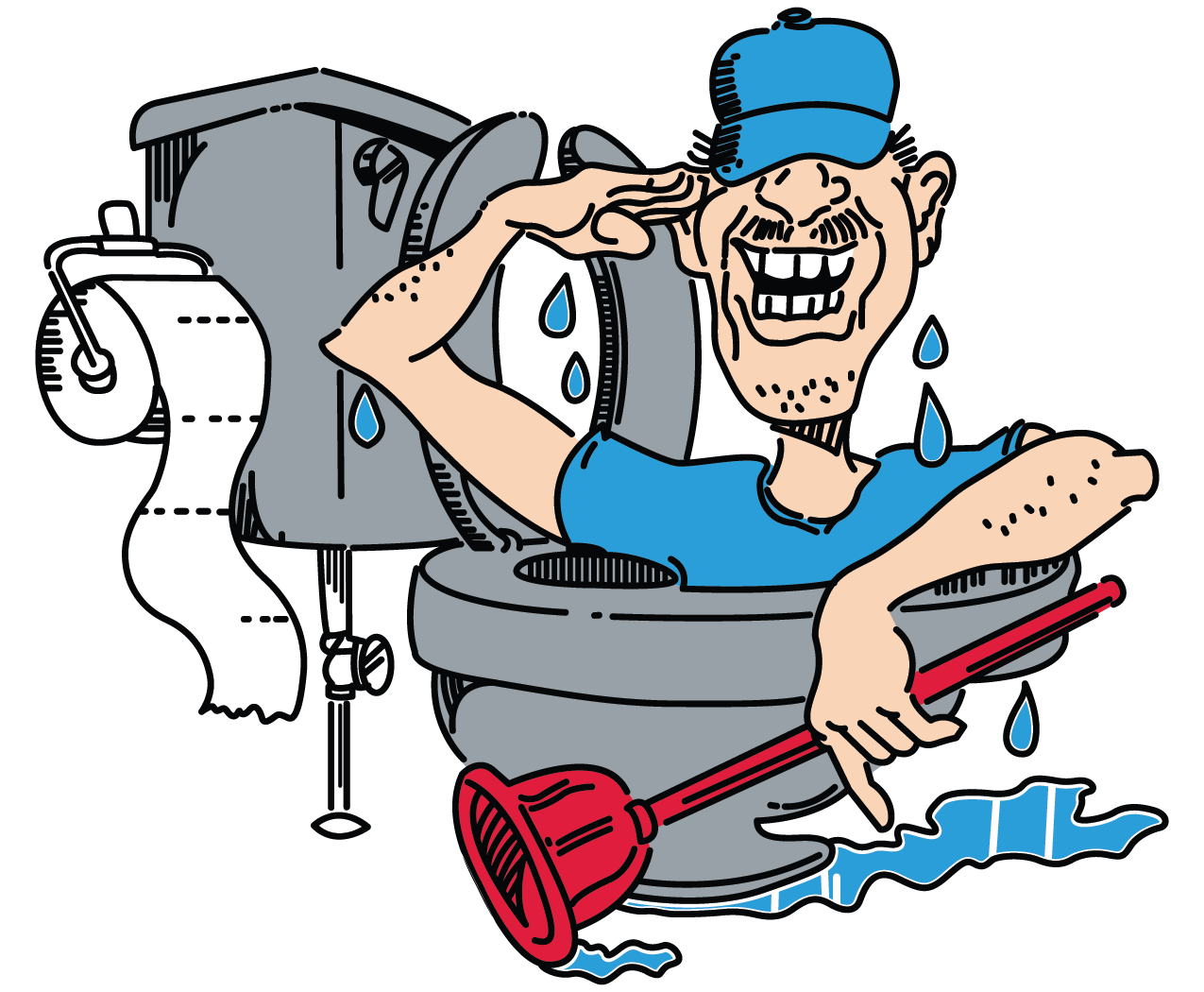Ensuring Water Reaches Your Home: The main water line (or water service line) is the pipe that brings fresh water from the city’s water main (usually at the street) into your home or building. You might not think about it often, but this line is your lifeline to clean water for drinking, cooking, bathing, and everything else. When a problem occurs with the main water line – like a leak or a break – it’s a big concern that needs prompt attention. Our team is experienced in diagnosing and repairing main water line issues, and if needed, fully replacing the water line with minimal disruption to your property. We handle both residential water service lines and larger commercial incoming water lines.
Signs of a Main Water Line Problem: How do you know if your main line is leaking or broken? There are a few telltale indicators:
- Unexplained Soaking or Puddles in the Yard: If you notice a particular area of your yard that is constantly wet, muddy, or has lush grass even in dry weather, it could be water leaking underground. A severe main line break might even cause water to seep up to the surface or create a visible puddle or stream.
- Sudden Drop in Water Pressure: If all the fixtures in your house have lower pressure than usual (and neighboring homes aren’t affected), your service line could have a leak reducing the flow, or an issue with the valve. A break can cause water to escape and not reach your home effectively.
- Discolored Water or Debris: A line break can let dirt into the pipe, so you might see brownish or muddy water from your taps. Air sputtering out of faucets could also indicate a break drawing in air.
- Spike in Water Bill: A hidden underground leak often shows up as a big increase in your water bill without an increase in your actual usage. If your bill is unexpectedly high, it’s worth investigating a main line leak (among other possibilities like interior leaks)
- Water Sounds or Meter Running: You might hear water hissing or running sound near the point where the water line enters your house (like the basement wall) even when no water is being used. Or if you check your water meter and it’s spinning when nothing is on, that suggests a leak in the system, possibly the service line if all internal fixtures are off.
Any of these signs should be addressed quickly. A main line leak can undermine your foundation or yard, potentially causing sinkholes or structural issues if left unchecked.
In winter, another sign could be unexplained icing on your driveway or sidewalk if the line runs below – leaking water could travel and freeze on surfaces.
Repair Techniques: When we suspect a main line issue, we first confirm it by shutting off your house valve and seeing if the meter still runs (indicating a leak between meter and house). We then locate the line path and the leak point. Modern tools like electronic leak detectors can help pinpoint the leak by sound. Sometimes, if the line is old and has multiple potential weak spots, it might be better to replace the whole line rather than patch one spot and have another leak soon after.
For repair, traditional digging is often needed to expose the pipe at the leak area. We dig as neatly as possible, often a small trench or hole. We then cut out the damaged section and repair it. Depending on pipe material, we might use couplings to splice in new pipe (for example, using a PVC or copper repair section on an old line). We always use materials approved for potable water and ensure the repair can handle the pressure.
Replacement (Upgrade) Options: If the main line is very old (e.g., old galvanized steel or lead pipe) or has had multiple issues, a full replacement is wise. We can often do this with a method that minimizes digging, such as trenchless pipe pulling. With this method, we excavate at the start and end points (near the meter and near where it enters the house) and pull a new copper or polyethylene pipe through, using the old pipe as a guide or bursting it out of the way. This avoids having to trench the entire yard.
If trenchless isn’t feasible (like if the old pipe is collapsed flat or the route is obstructed), we may do an open trench, but we take care to preserve landscaping as much as possible. We’ll discuss the plan with you to make sure you’re comfortable with the approach.
New water lines are typically copper or high-quality PE (plastic) pipe, which are durable and safe. If the old line was lead (sometimes the case in very old homes), replacing it will eliminate any lead contamination risk – a big health upgrade.
Additional Considerations: We coordinate with local utilities to mark other lines (gas, sewer, etc.) so we dig safely. For municipal water connections, sometimes a permit and city inspection are needed; we handle all those details. After replacement, we flush the new line to ensure water quality, and then reconnect your home. We test that the water pressure is restored and there are no leaks at connections.
We also consider adding a main shutoff valve or improving the existing one if it’s not in good shape, so you have reliable control of your water in the future.
Why Timely Repair is Crucial: A broken main line is not just wasting water, it can be undermining your property’s integrity. Addressing water line issues quickly can prevent costly damage and water waste. For you, the homeowner or property manager, fixing this means restoring normal water service (no pressure issues), safeguarding your foundation and landscaping, and avoiding the potential for a sudden pipe burst that could cause an emergency outage.
Our customers often feel a weight lifted when a troublesome water line is finally replaced. They may have been dealing with recurring leaks or worries about an old pipe, and once the new line is in, they have peace of mind. Plus, a new line can improve water quality and pressure if the old line was corroded inside or undersized. Suddenly, that trickle in the shower becomes a strong flow!
We back our water line replacements with a solid warranty, and the materials we use (like Type K copper or high-grade poly) can last many decades. It’s a lasting investment in your home’s infrastructure.
Also worth noting, a sound water service line avoids the scenario of unexpected loss of water to the house – which, if it happens, renders your home unlivable until fixed (no taps, no toilets). So proactive replacement when needed is far better than an emergency repair after a catastrophic failure.
Trust Our Expertise: Working on main lines often involves heavy labor and technical skill, but that’s where our team shines. We have the equipment for safe excavation, the expertise to do code-compliant, high-quality pipe work, and the commitment to restore your property as best as possible after the job (we’ll backfill properly and can help with basic yard restoration or guide you on it). We also communicate each step so you’re not in the dark.
In summary, whether it’s a pinpoint repair on a pinhole leak or a full replacement of an aging pipe, we’ll ensure your home’s lifeline of water is secure and efficient. You’ll regain consistent water pressure, lower your bills by stopping leaks, and have confidence that your water supply is in excellent shape for years to come.


